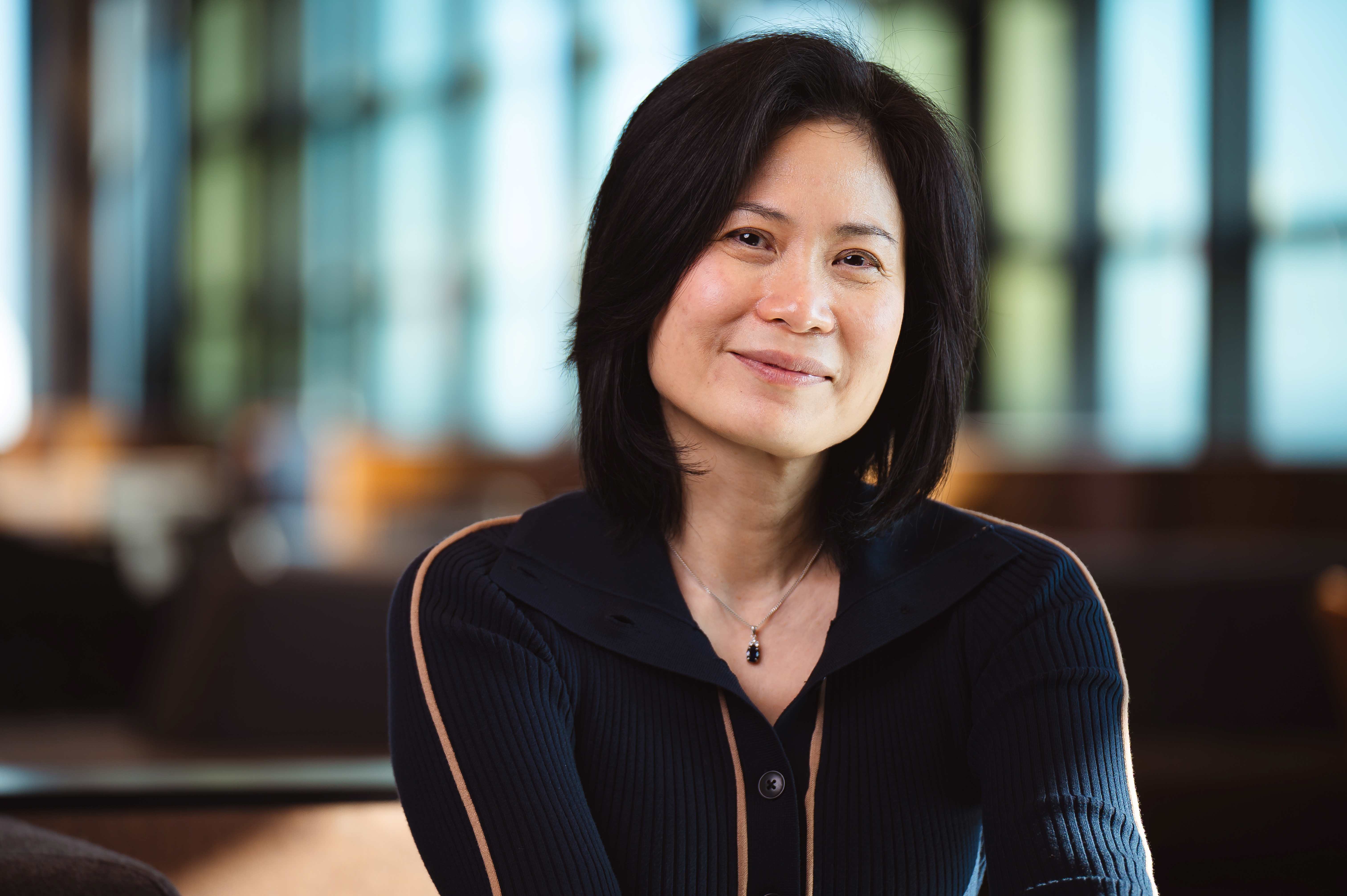Jeanne Tie Q&A

Jeanne Tie
Medical Oncologist
What are you researching in lay terms?
My research focuses on improving outcomes for patients with bowel cancer. My research aims to enhance how doctors predict cancer relapse and progression and develop more effective ways for treatment selection. Over the past decade, my research has made significant strides, particularly with a groundbreaking study that shows how a liquid biopsy (circulating tumour DNA, ctDNA) can help decide on chemotherapy options for patients. My future plans involve using the insights gained from my ctDNA studies to improve predictions of cancer recurrence, deepen understanding of Colorectal Cancer biology and develop more effective treatment.
What motivated you to come and work at Peter Mac?
My motivation comes from a desire to be part of a prestigious cancer-dedicated institution that values excellence in patient care and research. Peter Mac is renowned for its dedication to cutting-edge research and treatment in oncology. The opportunity to work in a leading institution that prioritises innovative cancer care is incredibly appealing.
What drives you to achieve better outcomes for cancer patients?
I am driven to achieve better outcomes for cancer patients because the current one-size-fits-all approach often falls short of meeting individual needs, resulting in unnecessary treatment-related toxicity and inadequate precision in clinical practice. Many patients endure severe side effects from chemotherapy that may not be necessary if treatments were tailored to their specific tumor characteristics. Additionally, the inability to accurately track patients' responses to treatment further complicates care, leading to delays in necessary adjustments.
How will your research improve outcomes for cancer patients?
My research utilizing ctDNA will significantly improve outcomes for cancer patients by enabling more precise treatment selection and monitoring. By analyzing ctDNA, we can identify specific genetic mutations and tumor characteristics, allowing us to tailor chemotherapy regimens to individual patients, minimizing unnecessary toxicity and optimizing efficacy. This approach not only helps in selecting the most effective treatments but also allows for real-time tracking of treatment responses, facilitating timely adjustments to therapy as needed.
What do you like most about working for Peter Mac?
What I appreciate most about working for Peter Mac is the strong emphasis on innovation and collaboration in cancer research and treatment. The institution fosters a multidisciplinary environment where clinicians, researchers, and support staff work together, enabling us to translate cutting-edge research into real-world applications for patients.
Can you please detail how your research has used and benefitted from the core facilities at Peter Mac?
We have used the core facilities for sample processing and storage, with the aim of using their advanced sequencing technologies and bioinformatics support to perform some comprehensive genomic analysis on both tissue and blood samples.
